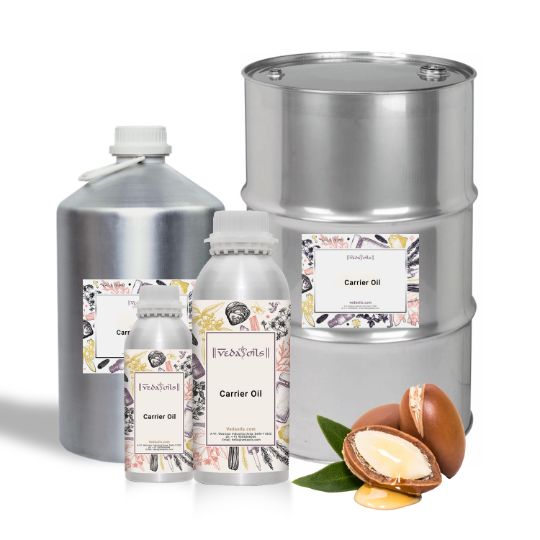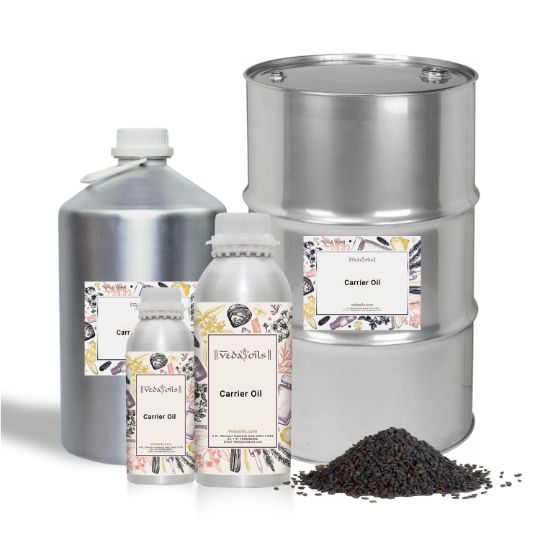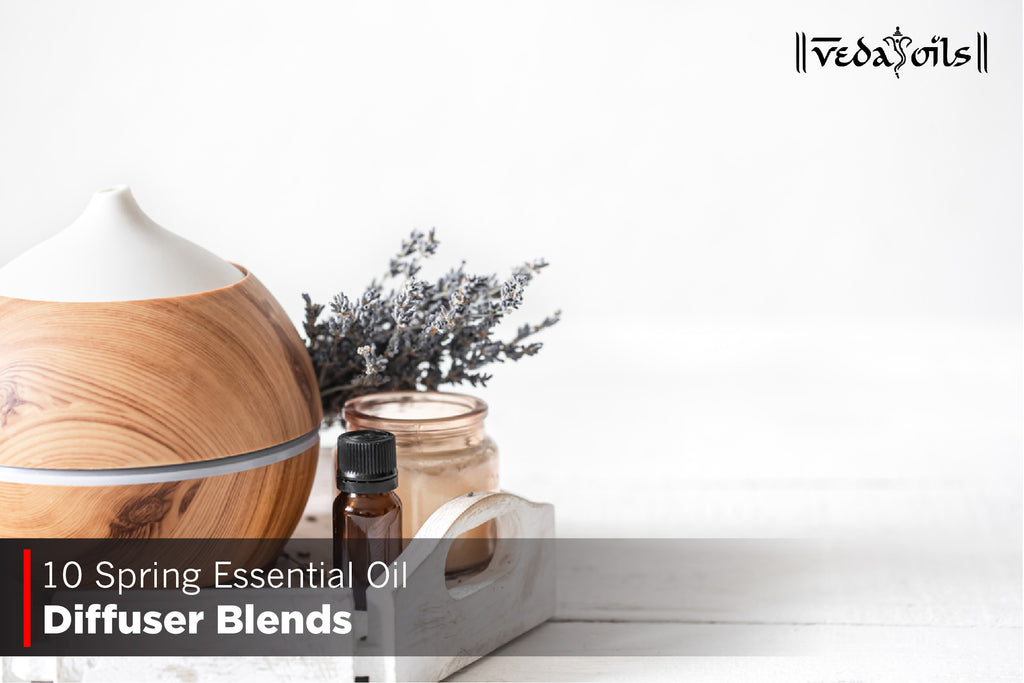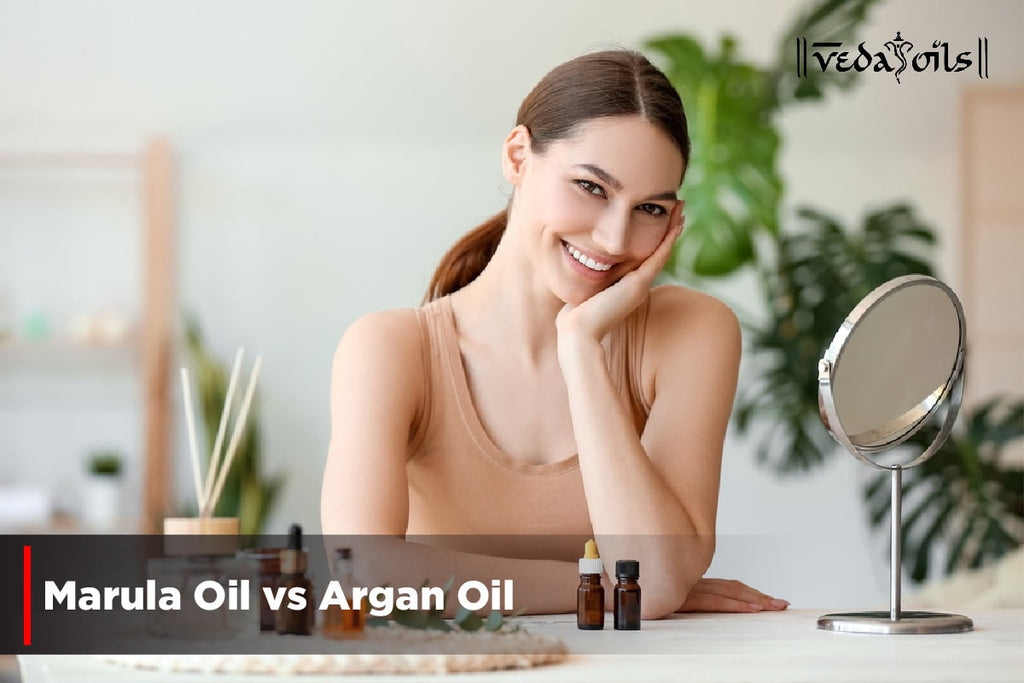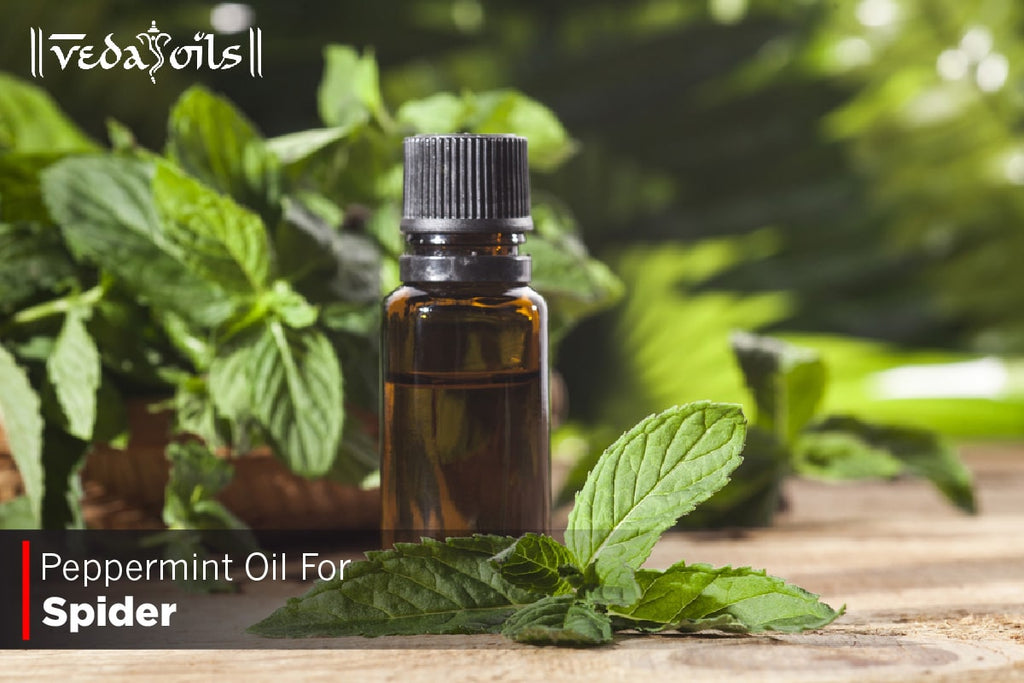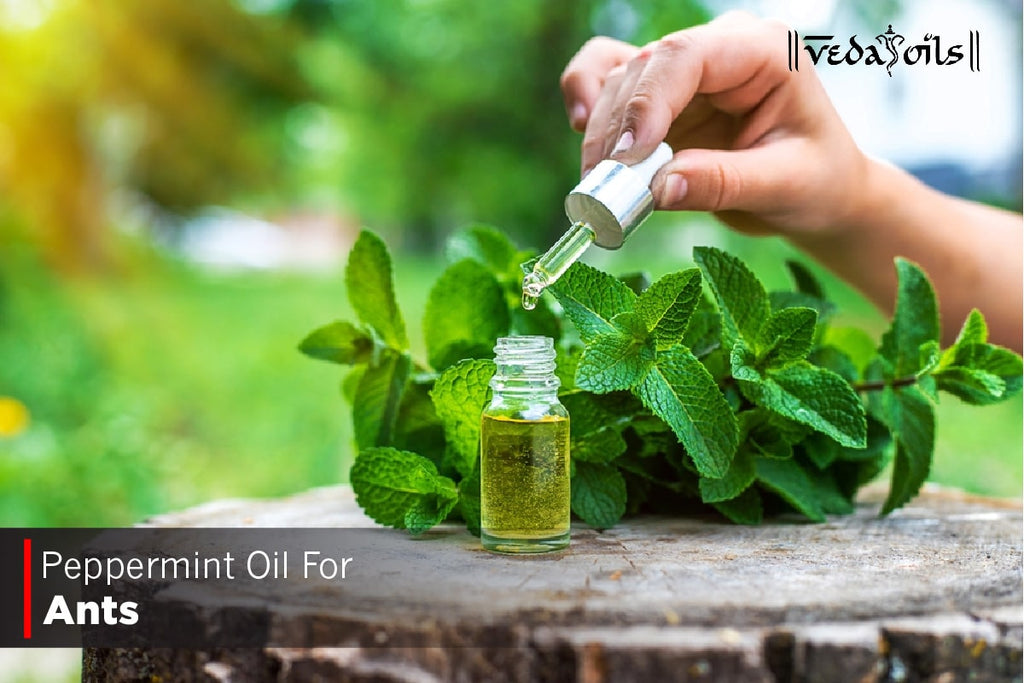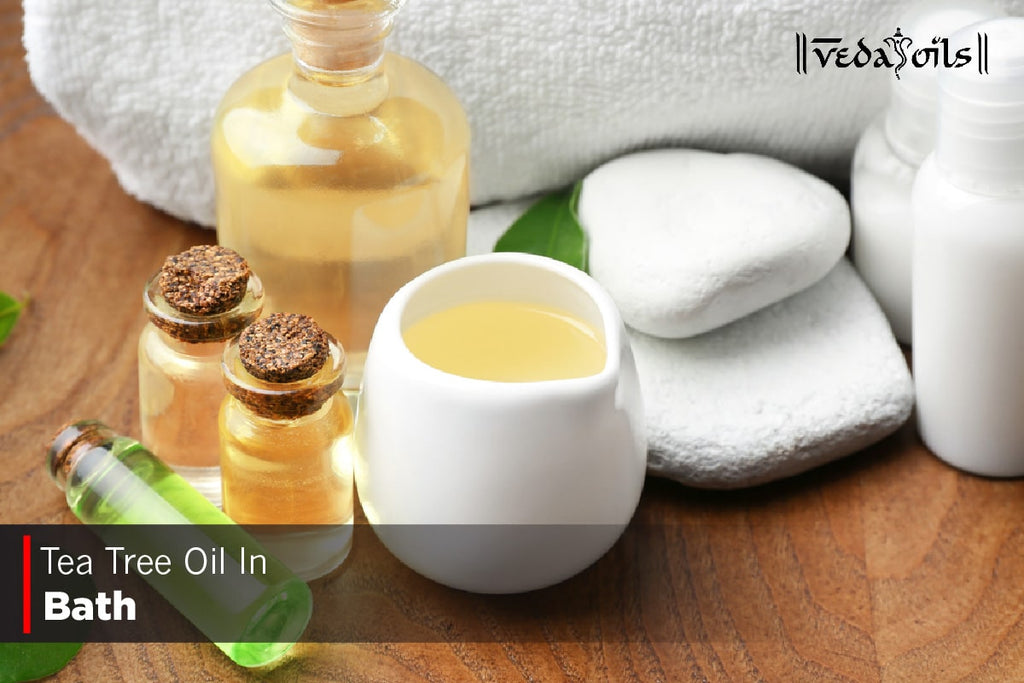Have you ever wondered which is superior between almond oil vs amla oil? Let's find out in this blog which oils provide which benefits and how they affect our skin and hair. Both oils are high in vitamins C and E, antioxidants, fatty acids, and other nutrients.

Due to its less-comedogenic nature, almond oil is best suited for all skin and scalp types, whereas amla oil provides excellent results in treating stress-related hair loss. Both types of oil are high in vitamins and minerals. So let's see which one is superior in Almond Oil Vs Amla Oil For Hair and how well it works.
What Is Amla Oil?
Amla oil is applied directly to the scalp and massaged for a few minutes to ensure complete absorption and health benefits.
Amla oil is derived from the amla fruit, also known as Indian gooseberry and is used in Ayurvedic medicine. Amla Oil contains Vitamin C and is highly effective in preventing hair loss and regrowth.
What Is Almond Oil?
This unrefined almond oil preserves the oil's nutrients and flavour. Refined almond oil is made using high heat and sometimes chemicals.

When used regularly, almond oil whitens the skin. It contains natural bleaching agents that lighten the skin. It also helps to heal the effects of sunburn and dehydration.
Difference Between Amla Oil And Almond Oil
Both amla and almond oil have skin and hair benefits but varying degrees. Almond oil is versatile and can treat skin and hair issues, acting as a jack of all trades, whereas amla oil specialises in treating hair and scalp issues.
Amla Oil Vs Almond Oil For Hair
When it comes to hair care, choose amla for immediate results and almond for long-term use. Both oils are high in vitamins and fatty amino acids, which can help with everything from dry scalp to hair loss.
Amla Oil For Hair
Amla oil has elements like vitamins, minerals, and phytonutrients that promote healthy blood flow to the scalp and promote hair development.

Amla oil contains vitamin C, which is supported by a number of minerals, nutrients, amino acids, and antioxidants. These minerals have a variety of benefits for the hair, from thickening it to reducing grey hair.
Almond Oil For Hair
Sweet almond oil is an excellent hair oil for reducing hair loss due to its high vitamin E concentration. It has been demonstrated that this strong antioxidant can heal damaged hair.
Sweet almond oil also includes biotin, which is necessary for the healthy growth of your hair. Sweet almond oil not only fixes hair issues, but it also offers protection from further damage.
Amla Oil Vs Almond Oil For Skin
Given that everyone has different skin types, skin care is delicate; almond oil is helpful in almost all skin types due to its less-comedogenic nature. This oil absorbs quickly and effectively treats.

Amla Oil For Skin
Amla oil is high in antioxidants and contains a lot of vitamin C and tannins, which brighten, soften, and improve overall skin quality while tightening pores and firming them up.
Amla oil is high in antioxidants and vitamin C, which help brighten and lighten the complexion. Regular use softens, eliminates spots, and evens out skin tone.
Almond Oil For Skin
Sweet almond oil contains numerous skin-beneficial nutrients, such as vitamins, minerals, fatty acids, and antioxidants. Sweet Almond Oil can be used to soothe and hydrate your skin.
Almond oil is also used to treat skin conditions and to reduce the appearance of scars, stretch marks, and wrinkles. Regular use of almond oil cures skin for a long time.
Amla Oil Vs Almond Oil - Which Is Better?
Both oils are high in antioxidants, fatty acids, vitamins, and minerals, which help treat hair and skin problems. You can select one based on your needs; we recommend amla oil for hair and almond oil for skin care.

Both oils have different properties to offer their users depending on their use; amla oil provides immediate relief and is better for hair in general, from treating hair loss to premature greying of hair, whereas almond oil is soothing in skin care and regular use provides long-term skin and hair relief.
Conclusion
We've seen almond oil vs amla oil and their benefit to our skin and hair, but the most important thing to remember is to get the purest oil, which you can get from us at VedaOils.com. We're on a mission to make organic skin care more affordable. Please stop by, as we offer discounts on first purchases.
Frequently Asked Questions
We are sure you must be having some questions about almond oil for acne scars. Here, we will try to answer some of the most frequently asked questions about almond oil for acne scars for you:

Q1. Which Is Better, Amla Oil Or Almond Oil?
Ans. Both oils provide unique benefits to hair and skin; choose amla oil for hair and almond oil for skin due to its lightweight nature.
Q2. Is Amla Oil Better Than Almond Oil?
Ans. Amla oil has been used to treat hair problems such as thinning hair, dandruff, and fungal infections. Amla oil provides immediate relief, whereas almond oil takes a little longer.
Q3. Can You Use Amla Oil In Place Of Almond Oil?
Ans. Yes, both oils can be used to treat skin and hair issues, but for the best results, choose scalp-stimulating amla oil for hair and vitamin E-rich light almond oil for the skin.


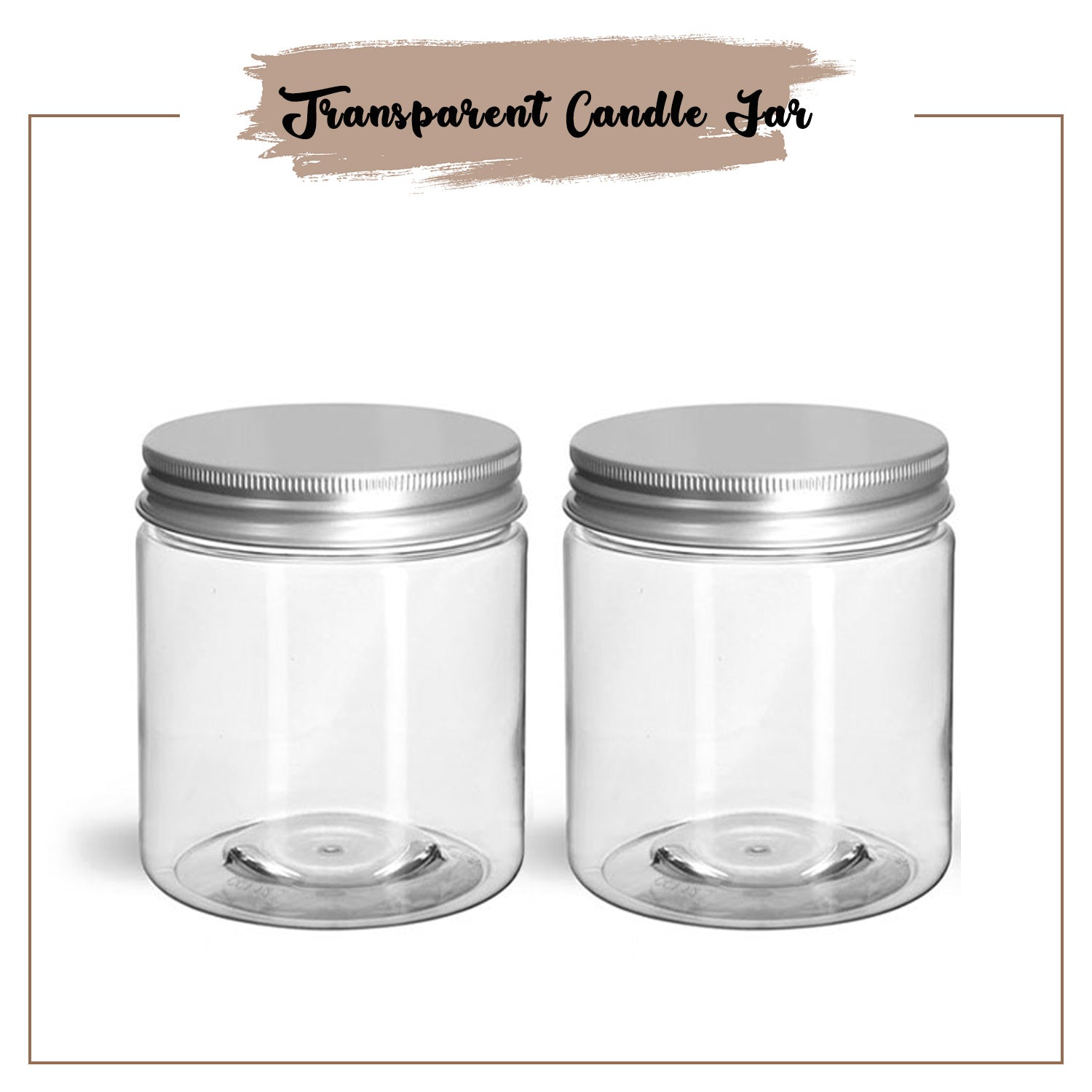

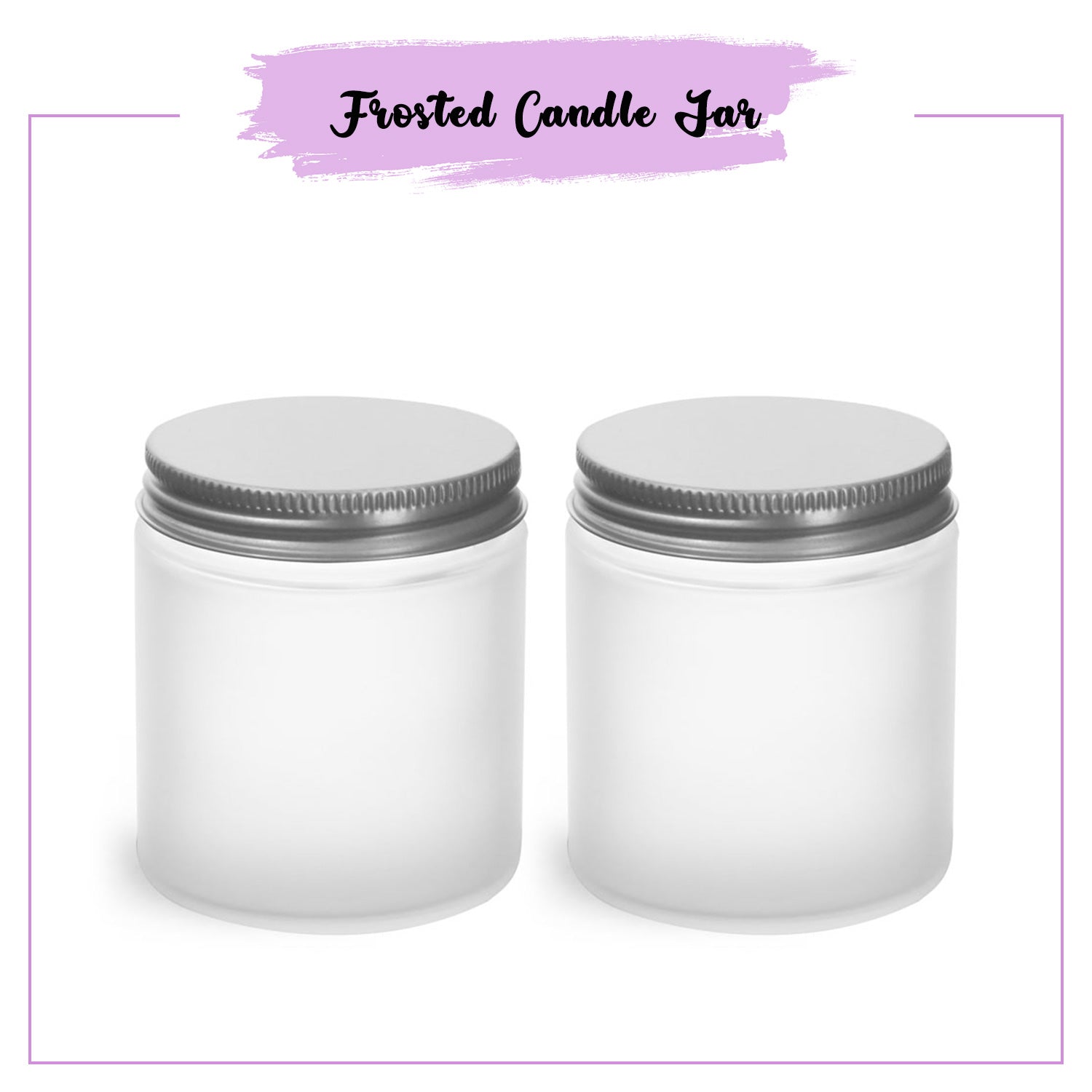



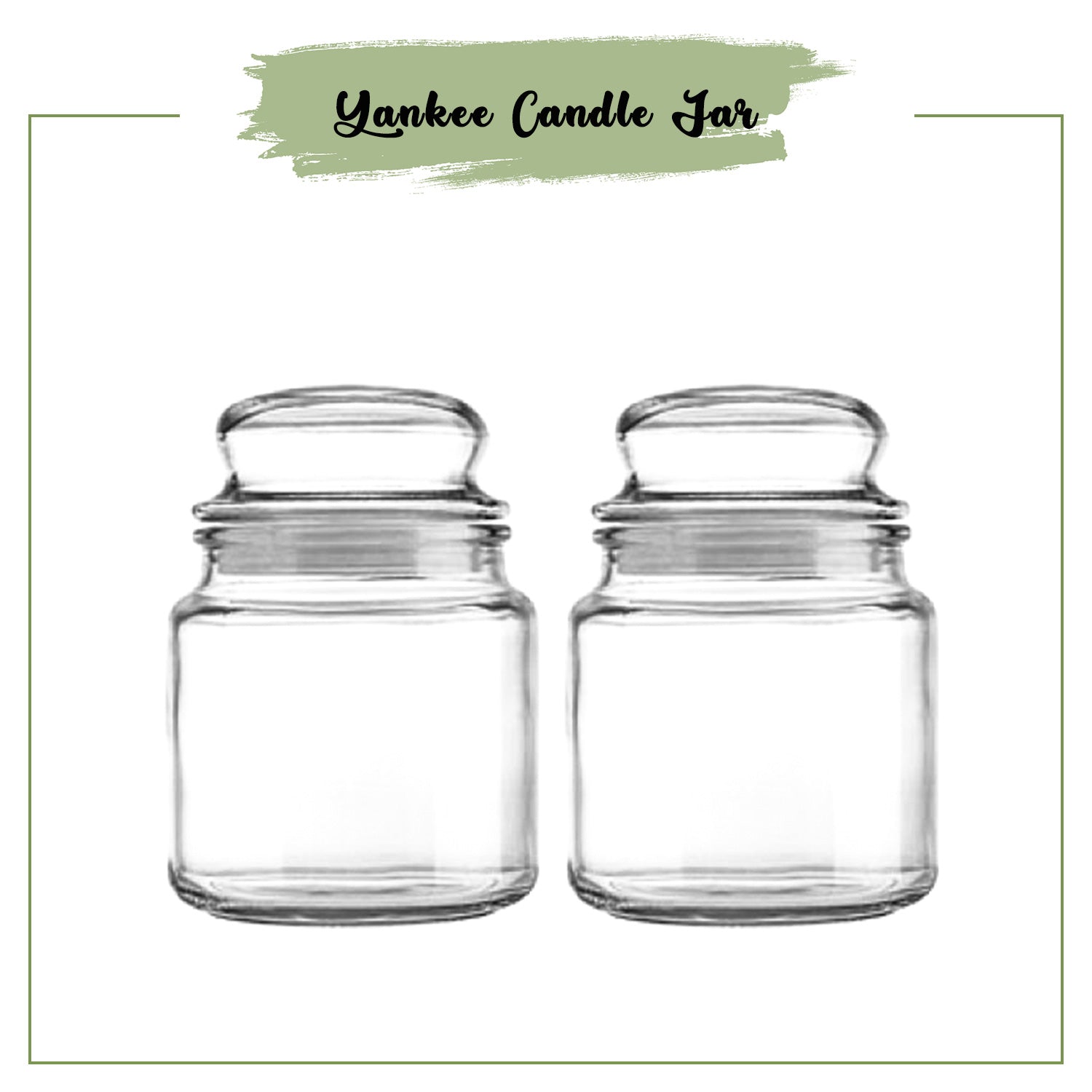

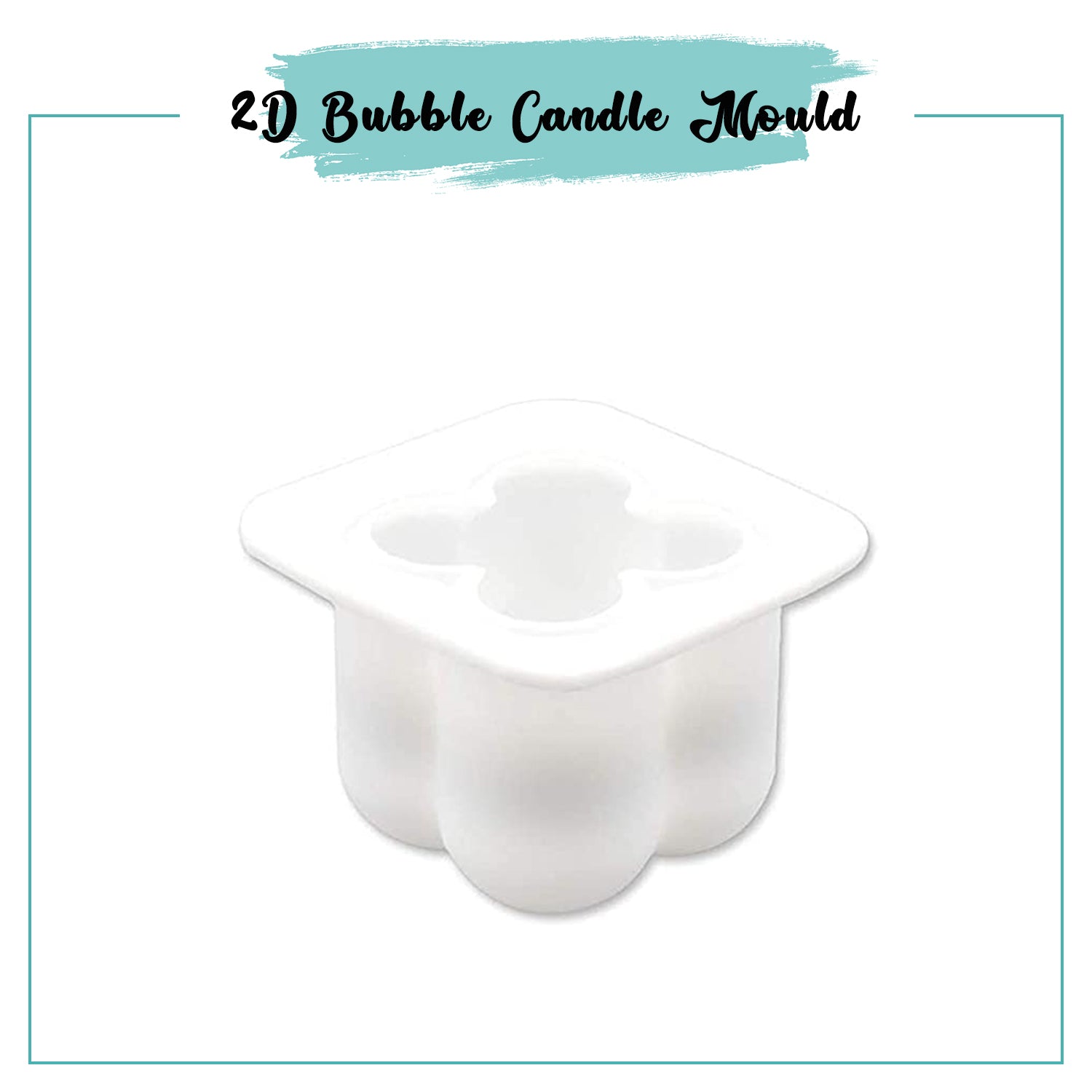


 Sign in
Sign in Register now
Register now My Reward Points
My Reward Points


